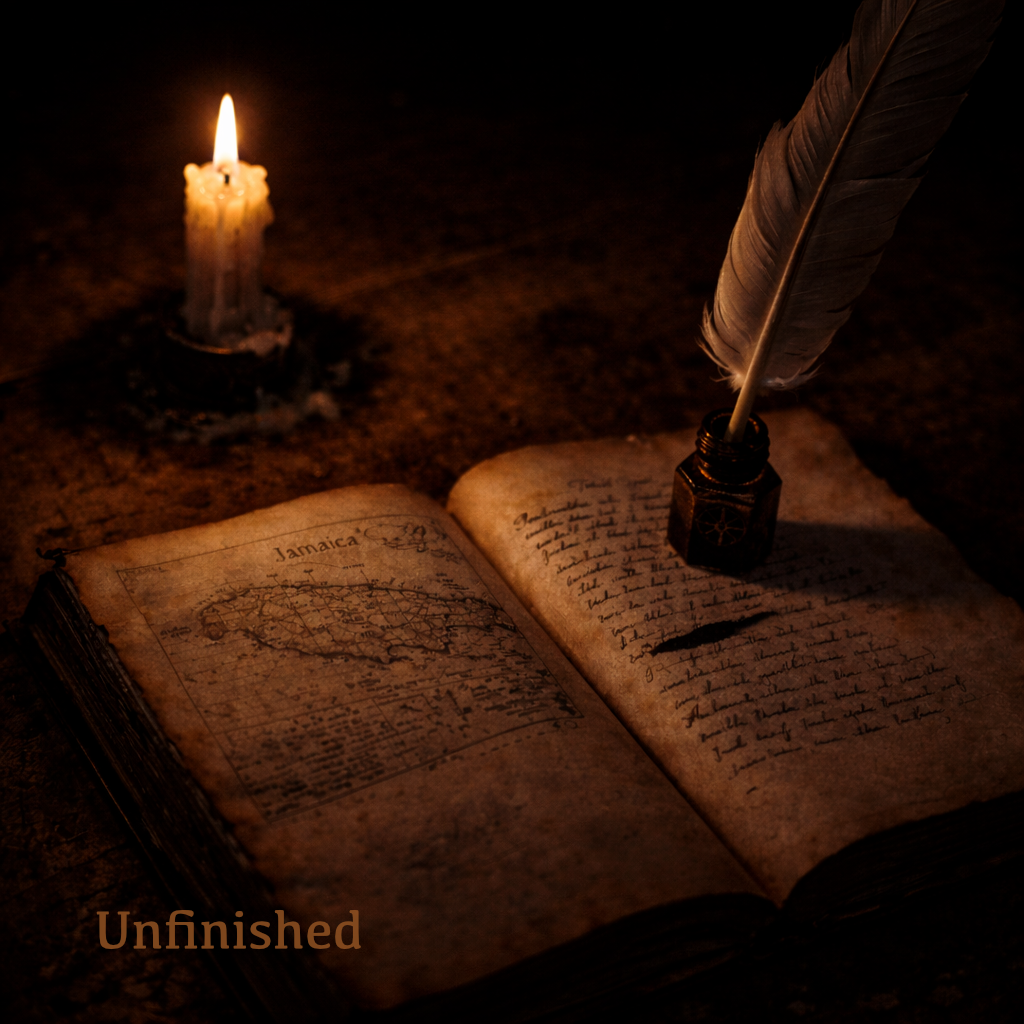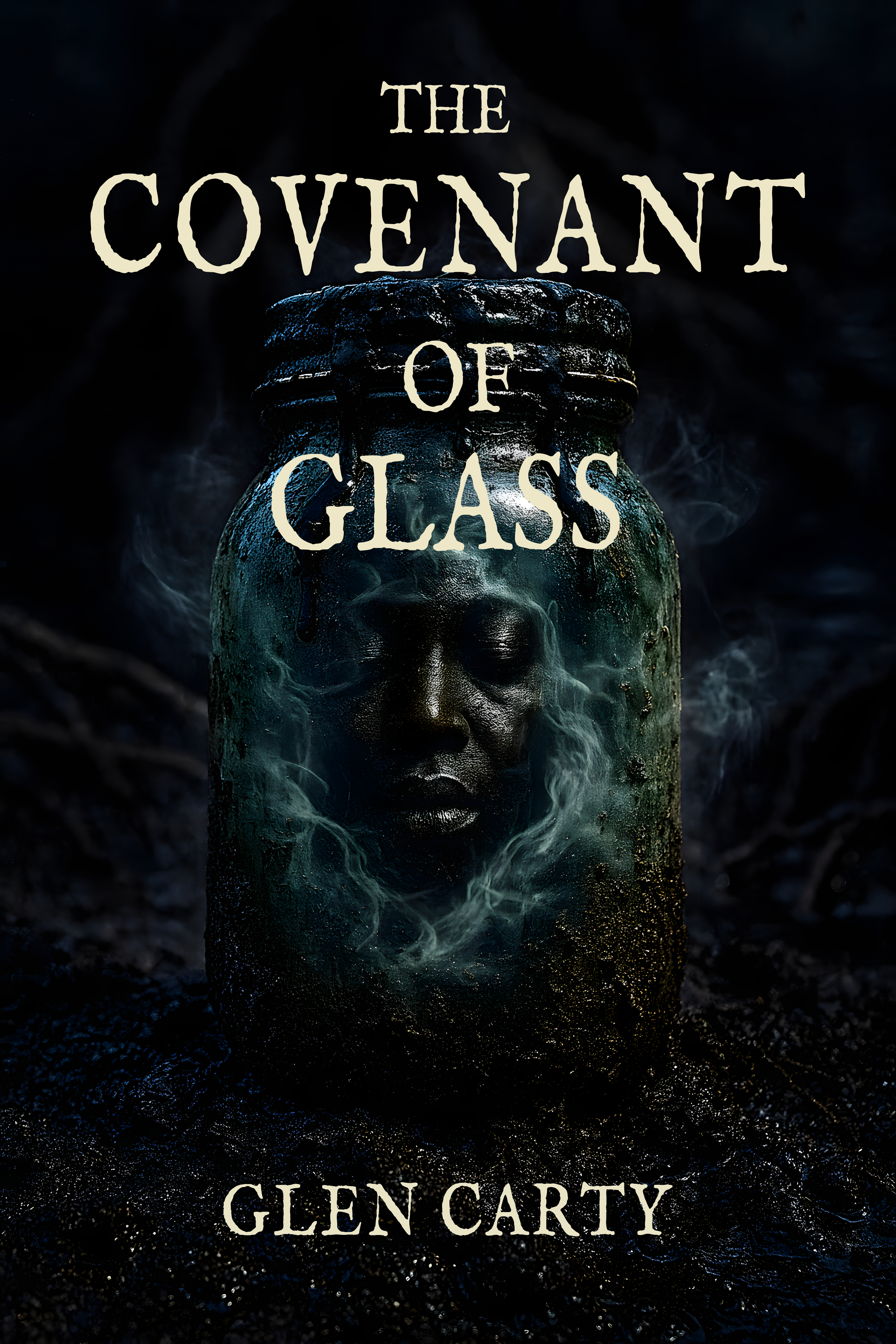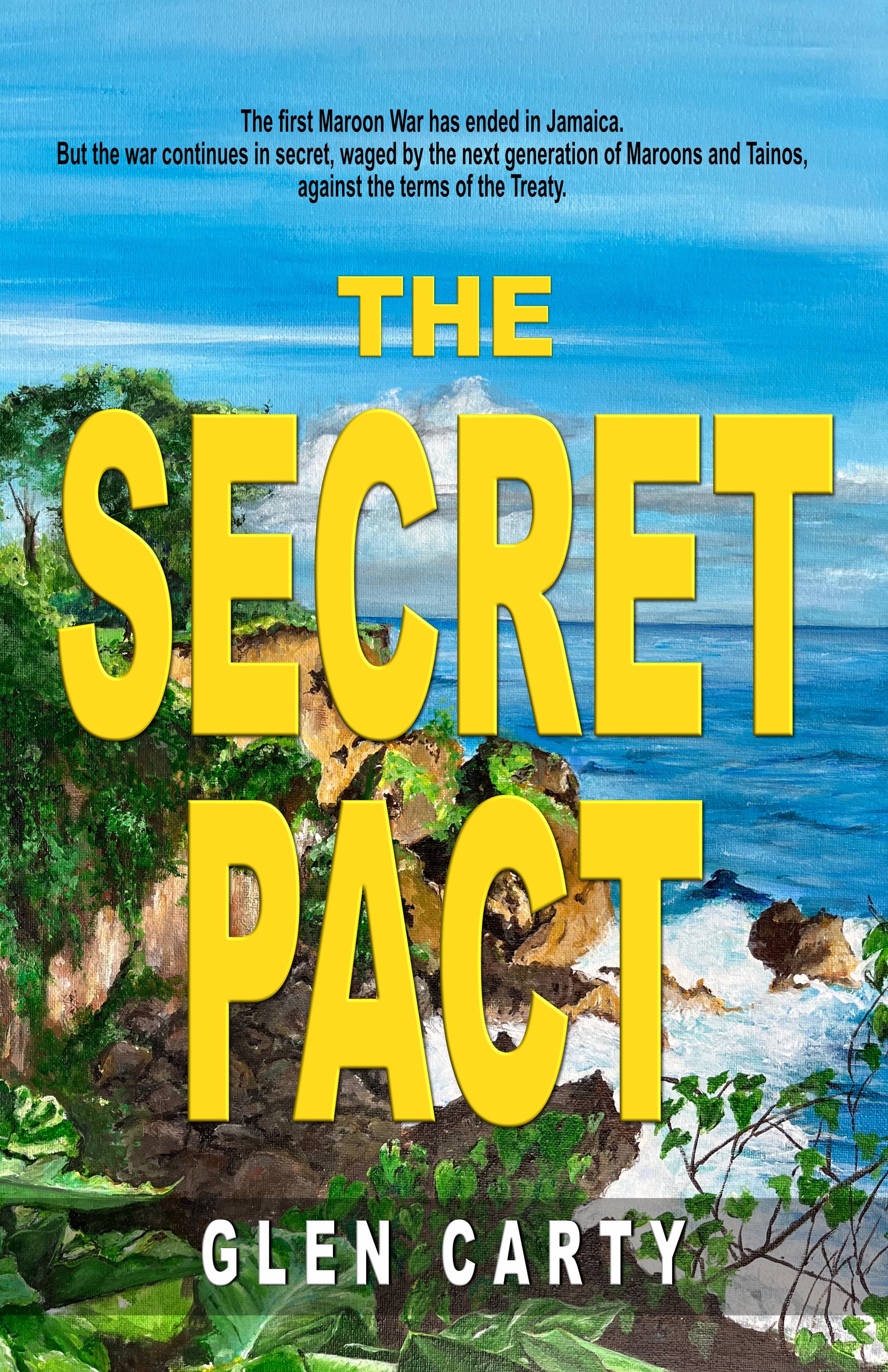"The best way to preserve and share Jamaica's history is through storytelling. But for those stories to carry meaning, the history must first be told—and for our young to pass it on, they must be given a future."
— GLEN CARTY
Featured Works: Jamaica & Heritage
All author proceeds from the preceding works directly fund the Young Dreamers Scholarship—
investing in the next generation of rural Jamaican voices.
Technical Bibliography & Professional Works
The body of work that follows includes books authored during a career in Technology—designing and engineering Internet Infrastructure.








